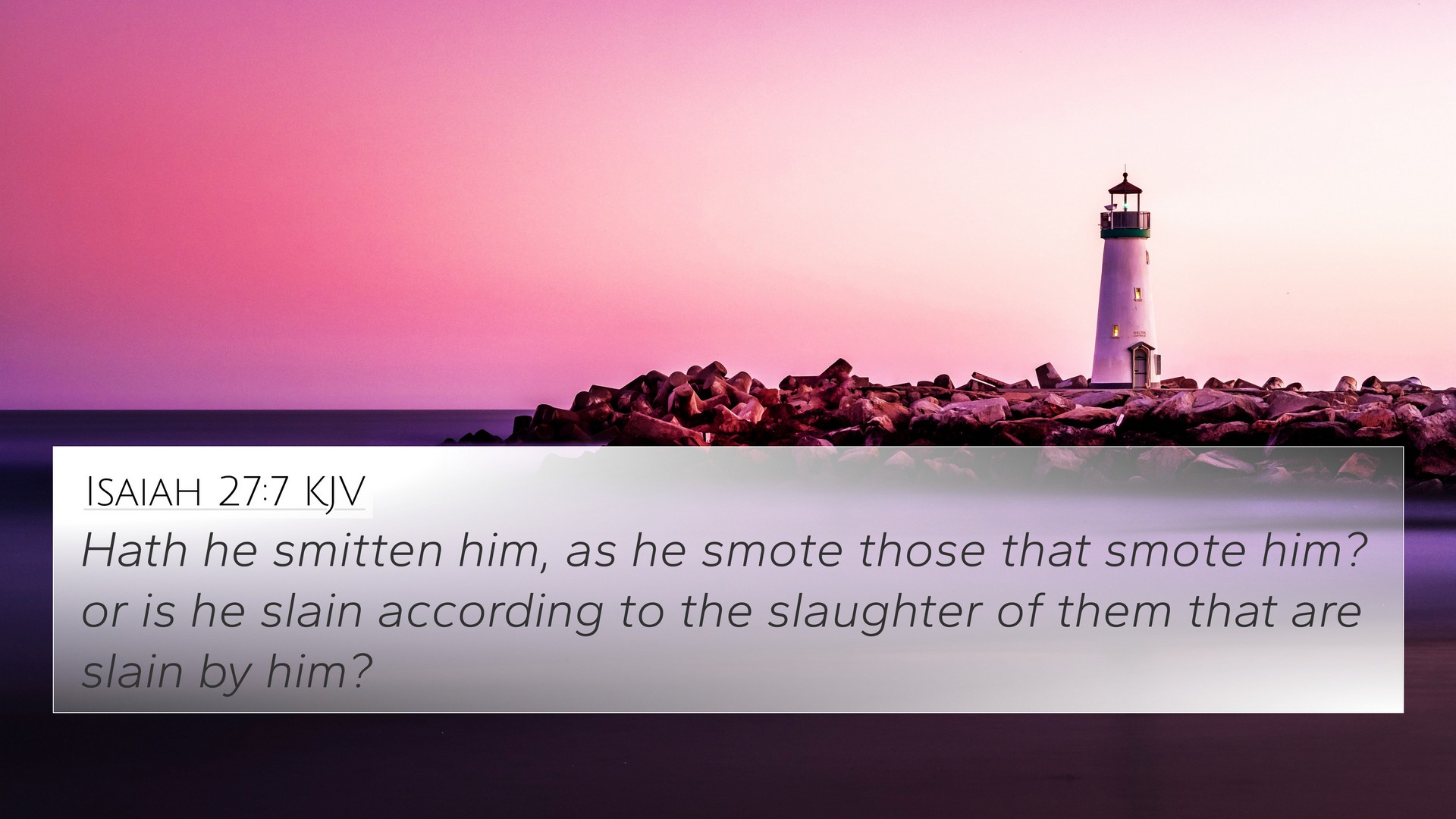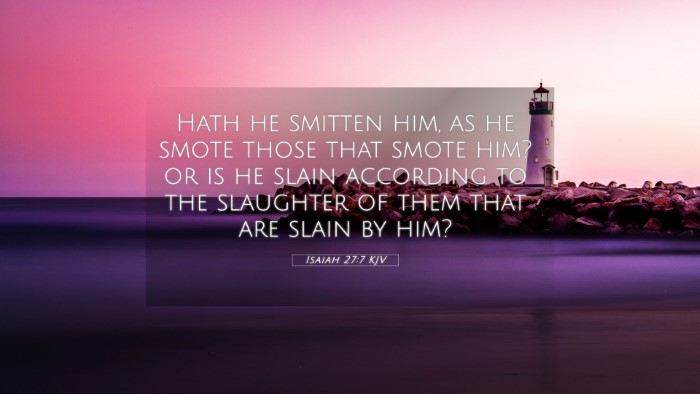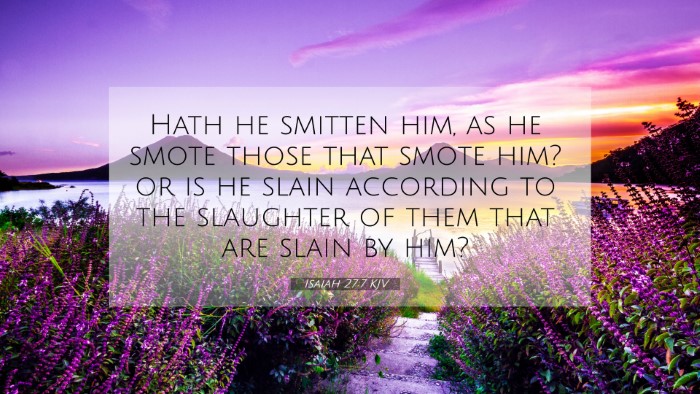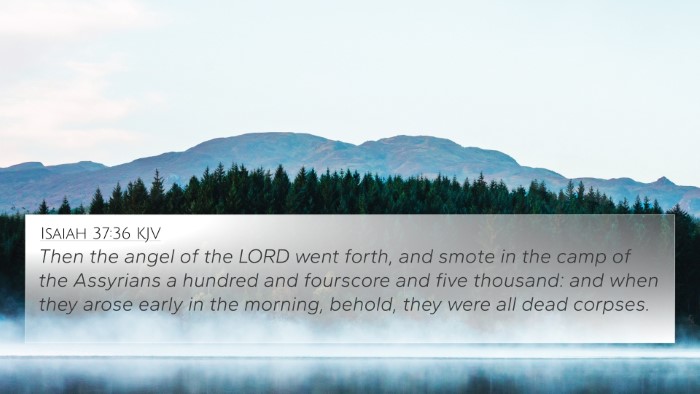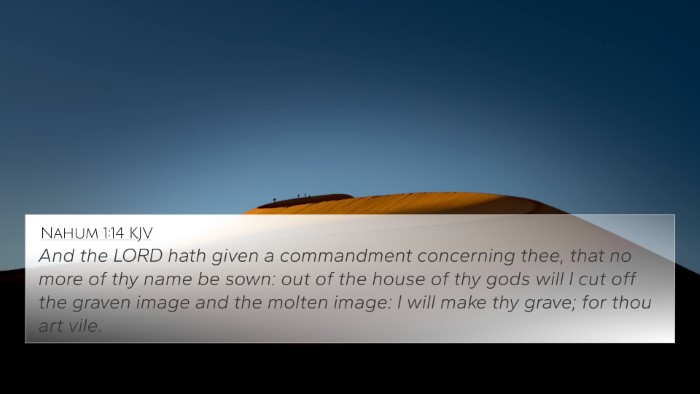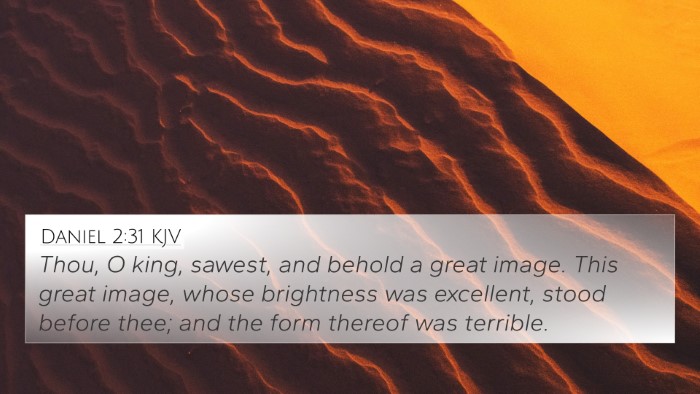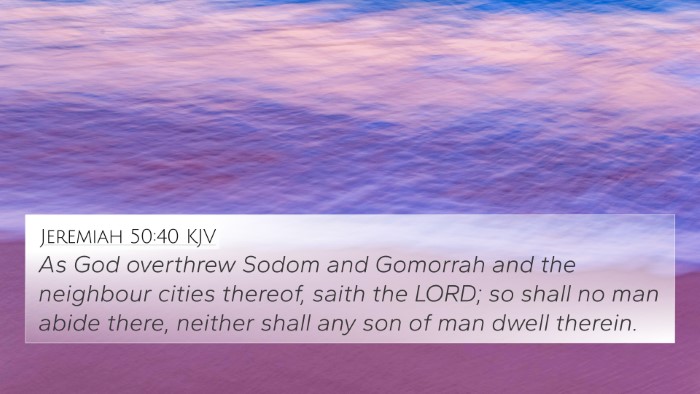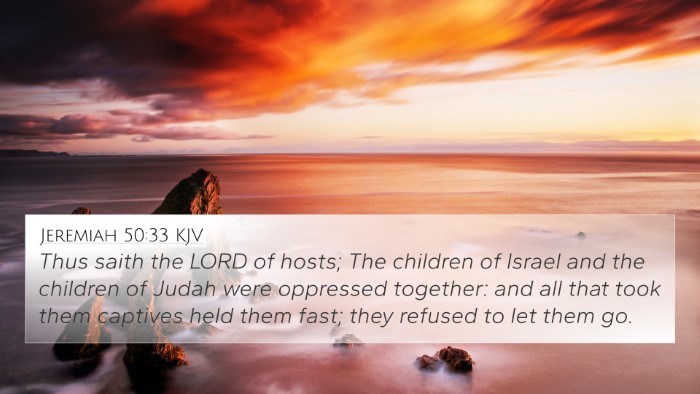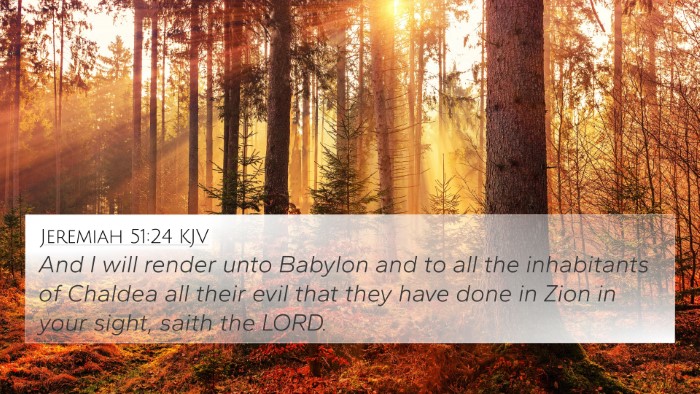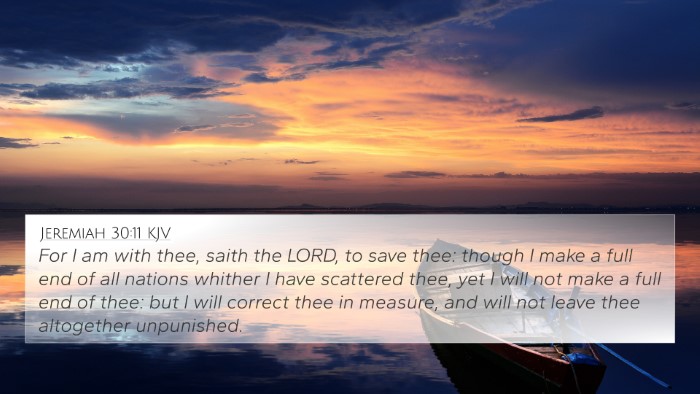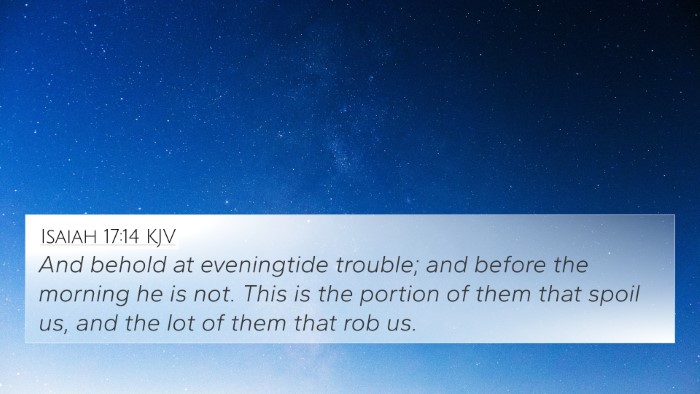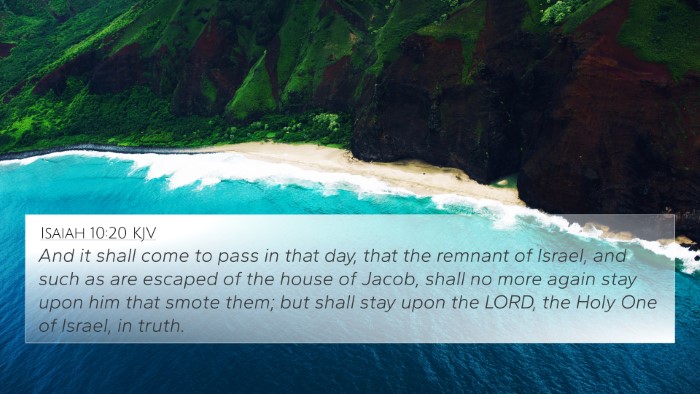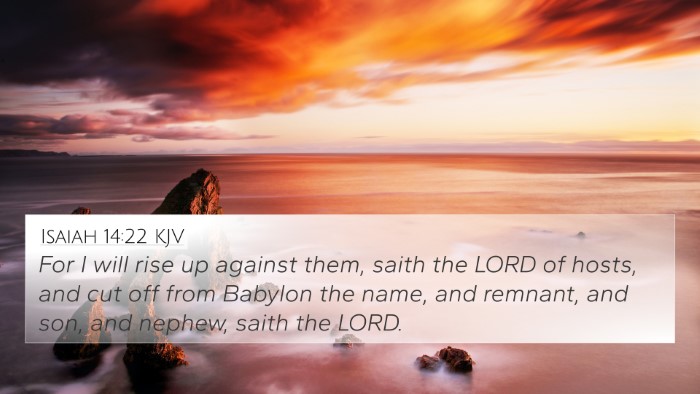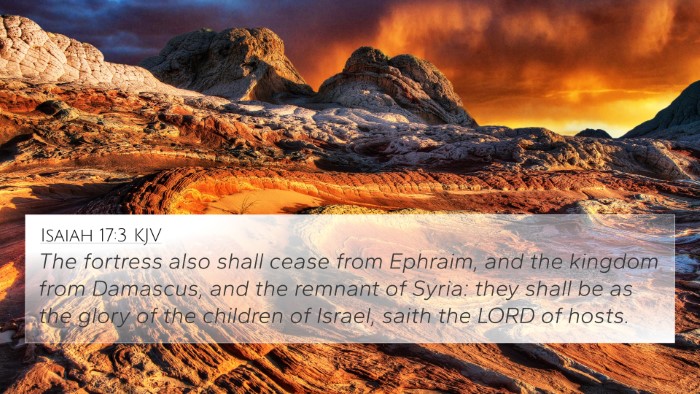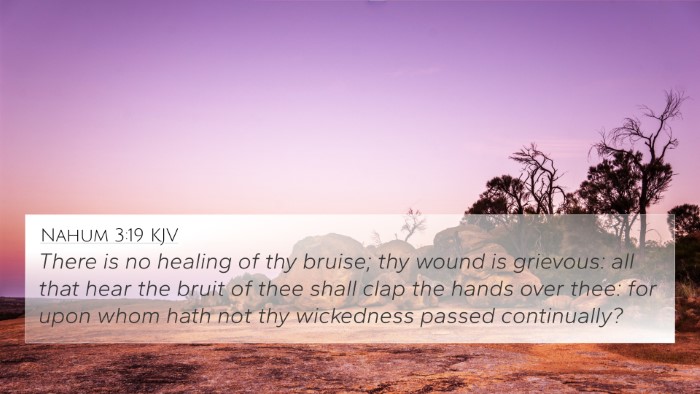Understanding Isaiah 27:7
Verse: "Hath He smitten him, as He smote those that smote him? or is He slain according to the slaughter of them that are slain by Him?" (Isaiah 27:7)
Overview
Isaiah 27:7 presents a profound theological inquiry into the nature of God's judgment and mercy. It contrasts God's treatment of His people with His response to those who oppose them. To fully comprehend this verse, we can draw insights from respected commentators such as Matthew Henry, Albert Barnes, and Adam Clarke. Their collective perspectives illuminate the deeper meanings behind this passage.
Commentary Insights
Matthew Henry
Henry interprets this verse as highlighting God's justice in dealing with the people of Israel. He notes that God's judgments may seem severe, yet they are carefully measured and aimed at achieving restoration rather than mere retribution. God's correction is not arbitrary; rather, it serves a higher purpose of bringing His people back into a rightful relationship with Him.
Albert Barnes
Barnes emphasizes the rhetorical nature of the verse, questioning the comparison between God's treatment of Israel and the fate of their enemies. This invites readers to consider the idea that while God punishes, He does so with a redemptive purpose. Barnes points out that God's discipline of Israel serves as a reminder of His covenant love, contrasting the fates of His people and their adversaries.
Adam Clarke
Clarke delves into the notion of divine judgment in Isaiah 27:7, suggesting that the question posed in the verse serves to manifest the difference between the punishment of the wicked and the chastisement of the righteous. He believes God’s treatment of Israel is distinct, suggesting their suffering is corrective, aimed at eventual restoration, which differs from the ultimate destruction faced by the unrepentant.
Thematic Connections
This verse opens avenues to explore several themes in Scripture concerning the juxtaposition of judgment and mercy. Here are some relevant themes and cross-references:
- Divine Judgment and Mercy: See Hebrews 12:6 - "For whom the Lord loveth he chasteneth, and scourgeth every son whom he receiveth."
- God's Justice: Refer to Psalms 103:10-14 - illustrating how God does not deal harshly with us as we deserve.
- The Restoration of Israel: Compare with Ezekiel 36:24-26 - God's promise to gather and cleanse His people.
- Contrasts of Fate: Refer to Romans 9:27 - Paul's reference to Isaiah regarding the remnant of Israel.
- Correction vs. Punishment: See Proverbs 3:11-12 - the Lord disciplines those He loves.
- Faithful Remnant: Links to Isaiah 10:20-22 - the remnant of Israel shall return.
- Conditional Mercy: Reflects in 2 Chronicles 7:14 - God’s healing for a humbled nation.
- The Accountability of Nations: Connect with Jeremiah 46:28 - the promise of God’s protection for His people.
- God’s Love Amidst Judgment: Review Micah 7:18-19 - God's compassion even in the face of judgment.
Cross-Referencing and Thematic Analysis
Utilizing cross-references in biblical study provides clarity and depth to our understanding. The connections between various scriptures allow us to grasp the comprehensive nature of God's engagement with humanity, particularly in relation to judgment and mercy. Here are the methods for effective cross-referencing:
- Utilize a Bible concordance to identify keywords and phrases.
- Explore a Bible cross-reference guide that outlines relationships.
- Engage in cross-referencing Bible study methods for thematic explorations.
- Analyze Bible verses related to specific themes for in-depth studies.
- Employ tools for Bible cross-referencing to enhance understanding.
Conclusion
Isaiah 27:7 serves as both a challenge and a comfort, provoking thought on God’s methodologies with His people versus their enemies. It encourages a deep dive into God’s nature of justice, mercy, and discipline, while showcasing the importance of understanding Scripture through the lens of cross-referencing and thematic connections. By studying connected verses, believers can gain richer insights into God’s overarching narrative of redemption.
